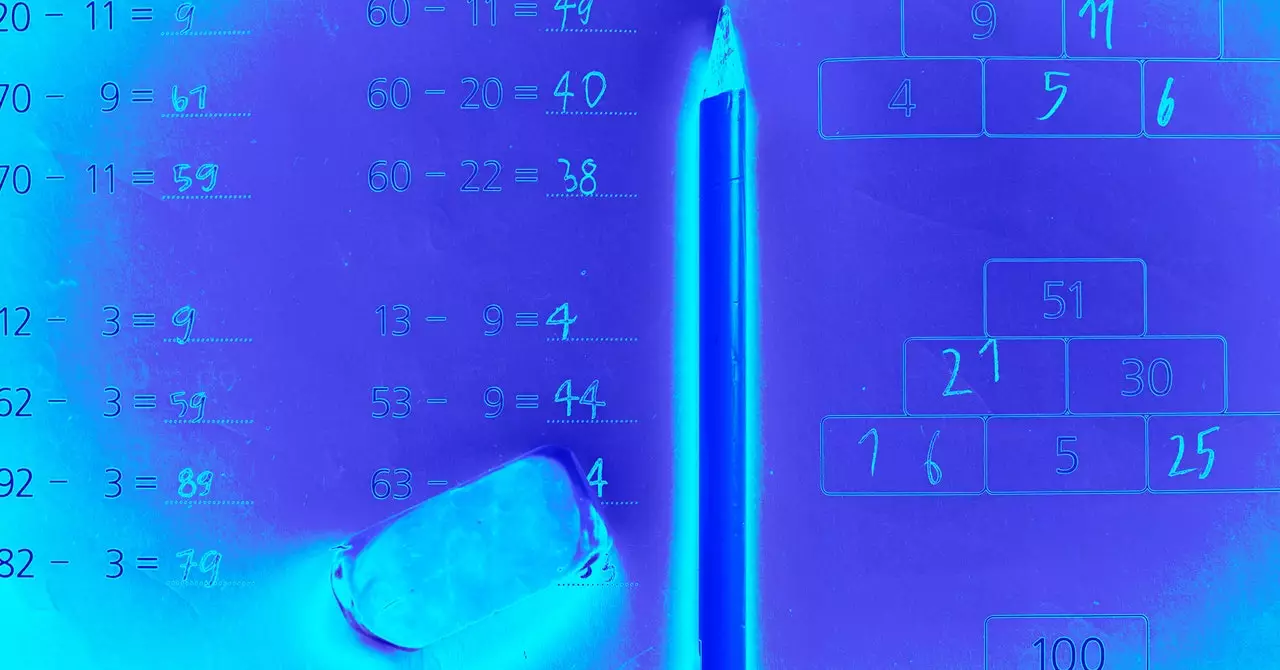In recent years, there has been a significant shift in the way students approach completing their math homework. The emergence of AI-powered apps, such as Gauth, has revolutionized the education sector by providing students with a convenient and accessible solution to their math problems. The popularity of these apps has grown rapidly, with millions of downloads and positive reviews from students across the country.
Gauth, developed by ByteDance, the parent company of TikTok, initially focused on mathematics but has since expanded to cover other subjects like chemistry and physics. The app allows students to simply take a picture of their homework problem, whether printed or handwritten, and receive a step-by-step guide on how to solve it, often with the correct answer. This user-friendly approach has garnered Gauth a 4.8-star rating in both the Apple App Store and Google Play Store.
While AI-powered math homework apps like Gauth have been praised for their convenience, it is essential to recognize their limitations. In our testing of the app on high school-level algebra and geometry problems, Gauth’s AI tool was unable to consistently deliver top-notch results, particularly struggling with graphing questions. As a result, students may find themselves with a low B grade or a high C average when relying solely on the app for homework completion.
Despite its popularity among high school and college students, Gauth’s effectiveness diminishes when faced with more advanced math problems, such as Calculus 2. The app’s AI model is not yet equipped to handle complex equations and may not be suitable for students in higher levels of math education. While researchers are working towards enhancing AI’s capabilities in solving math problems, the current generation of AI-powered homework apps may fall short for students in advanced math courses.
It is crucial to consider the ethical implications of using AI-powered apps like Gauth for completing homework. While Gauth positions itself as an “AI study company” aimed at assisting students with challenging problems, there is a fine line between using the app as a learning tool and relying on it as a cheating aid. The company’s “Honor Code” emphasizes the importance of using the app responsibly and adhering to school expectations.
The prevalence of AI-powered math homework apps like Gauth signifies a new trend among students seeking quick solutions to their homework problems. While these apps offer convenience and accessibility, it is essential for students to use them ethically and understand their limitations. As researchers continue to improve AI’s capabilities in solving math problems, the future of AI-powered education remains promising yet challenging.


Leave a Reply